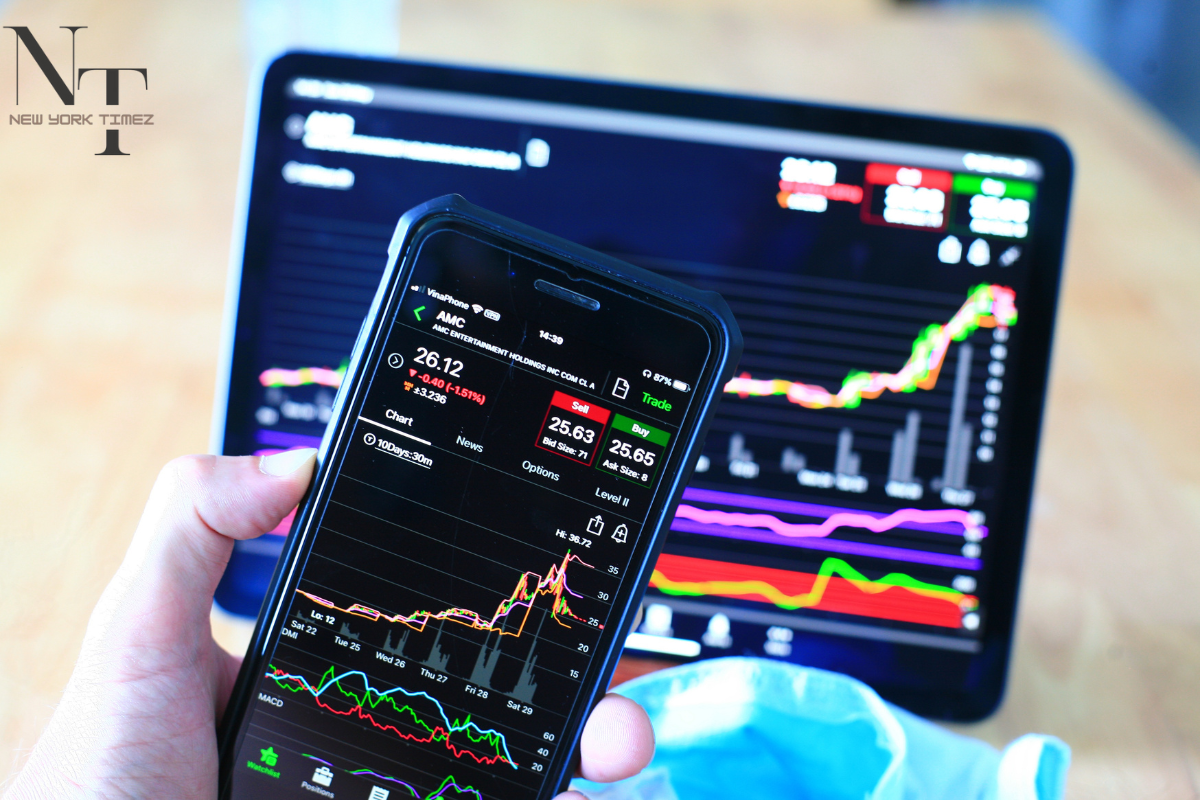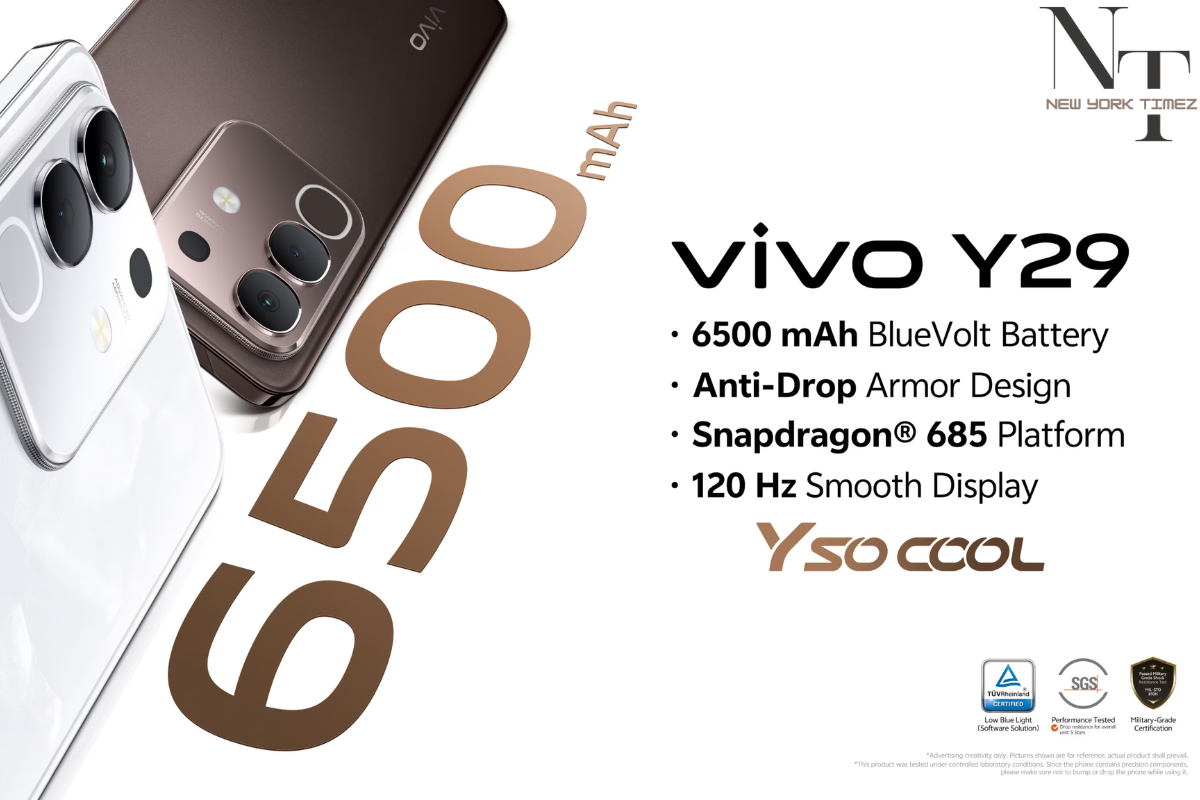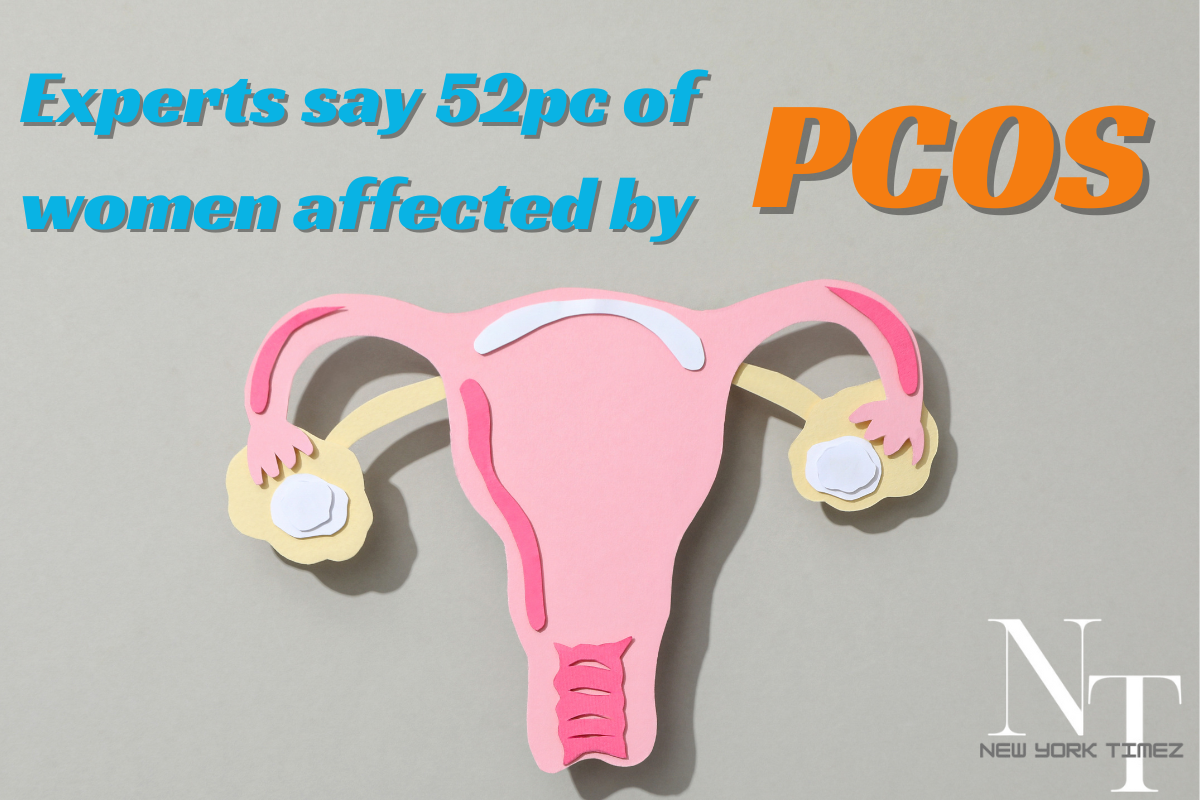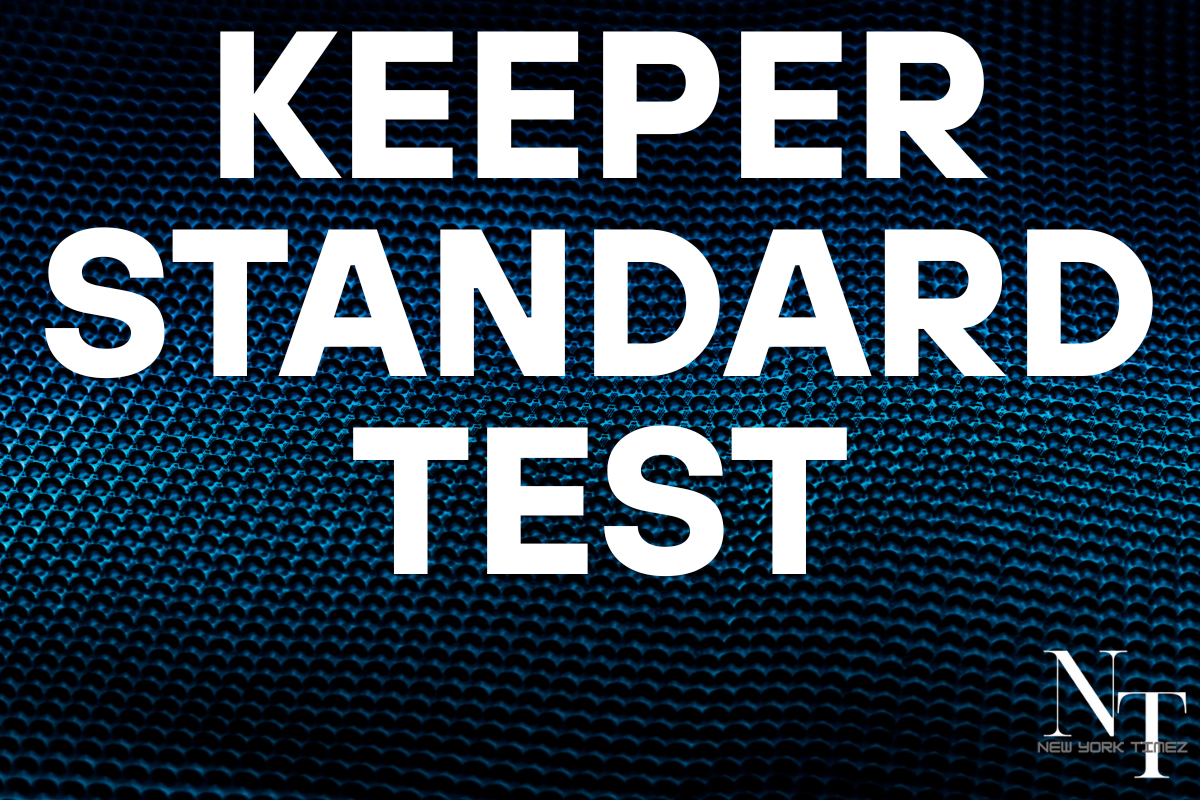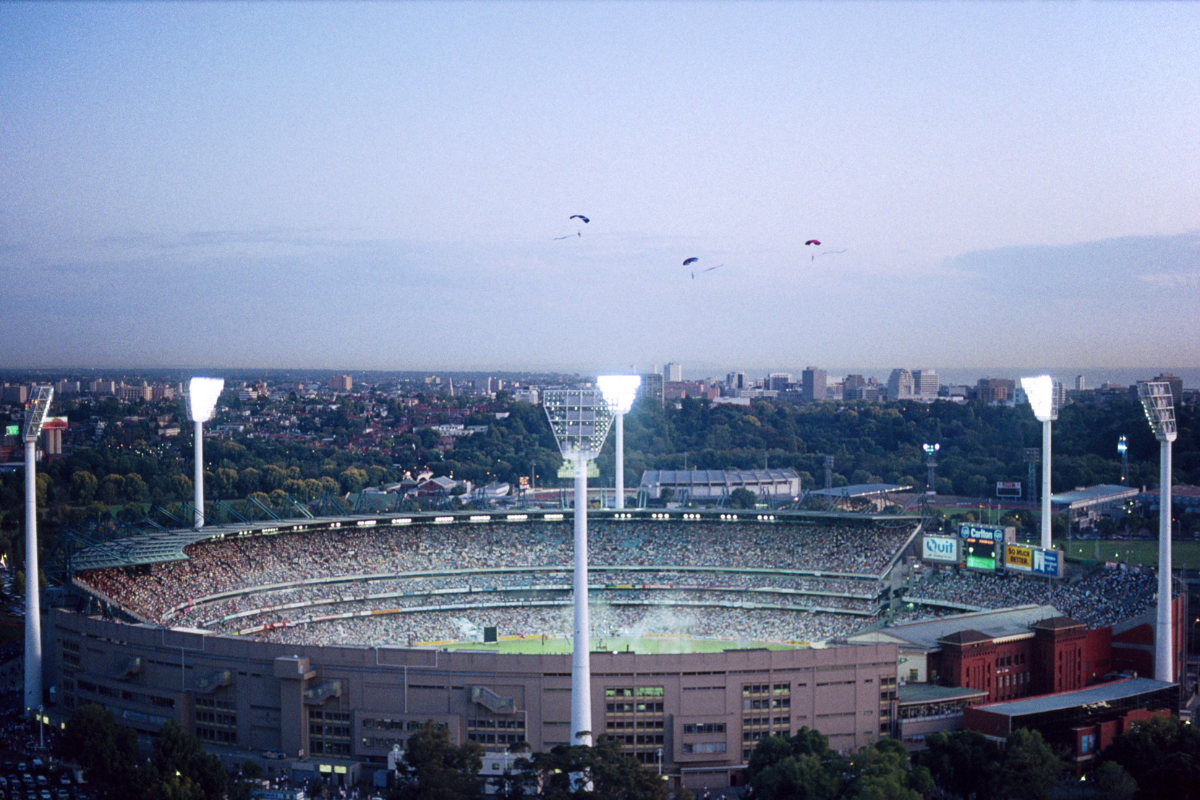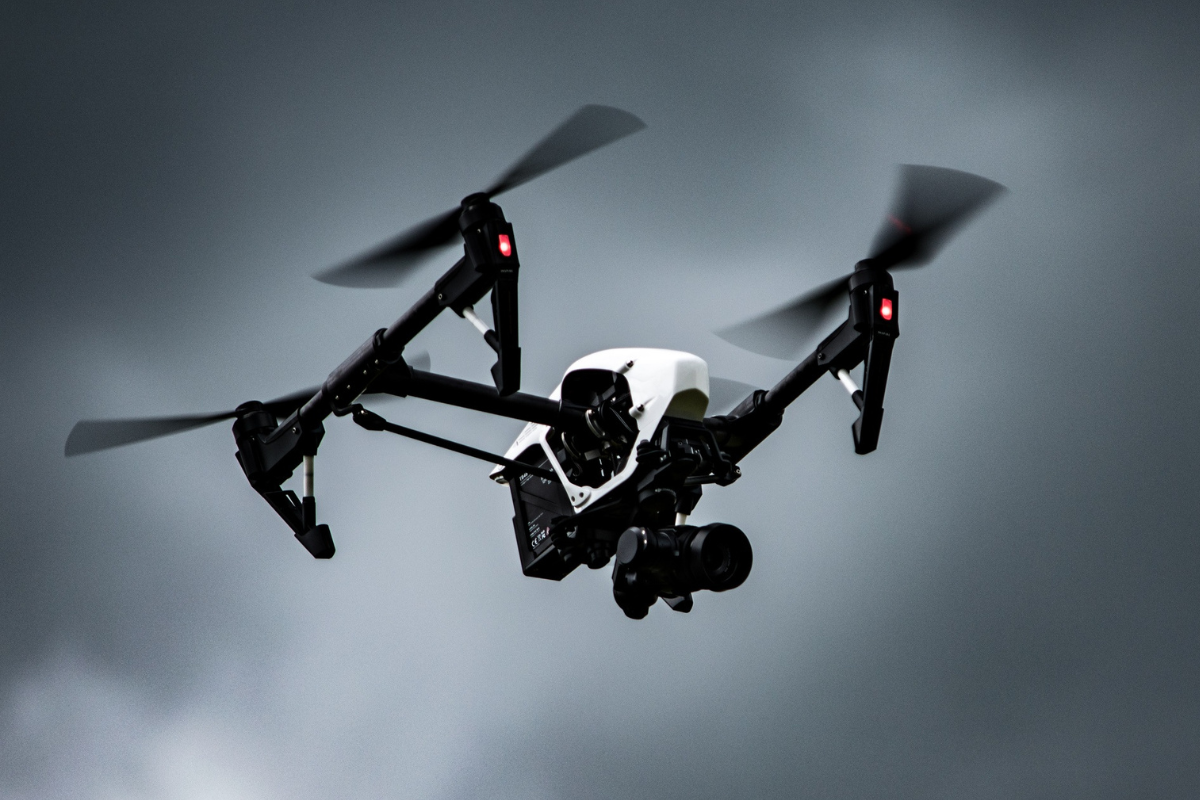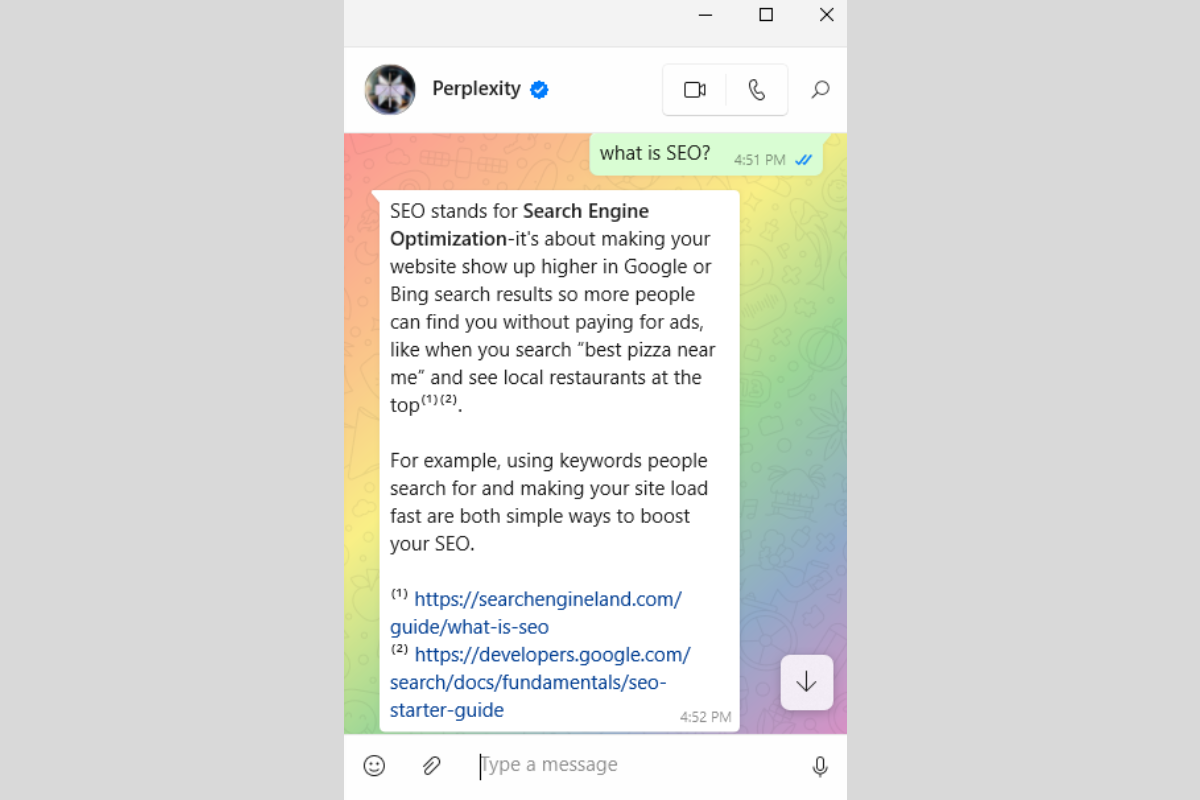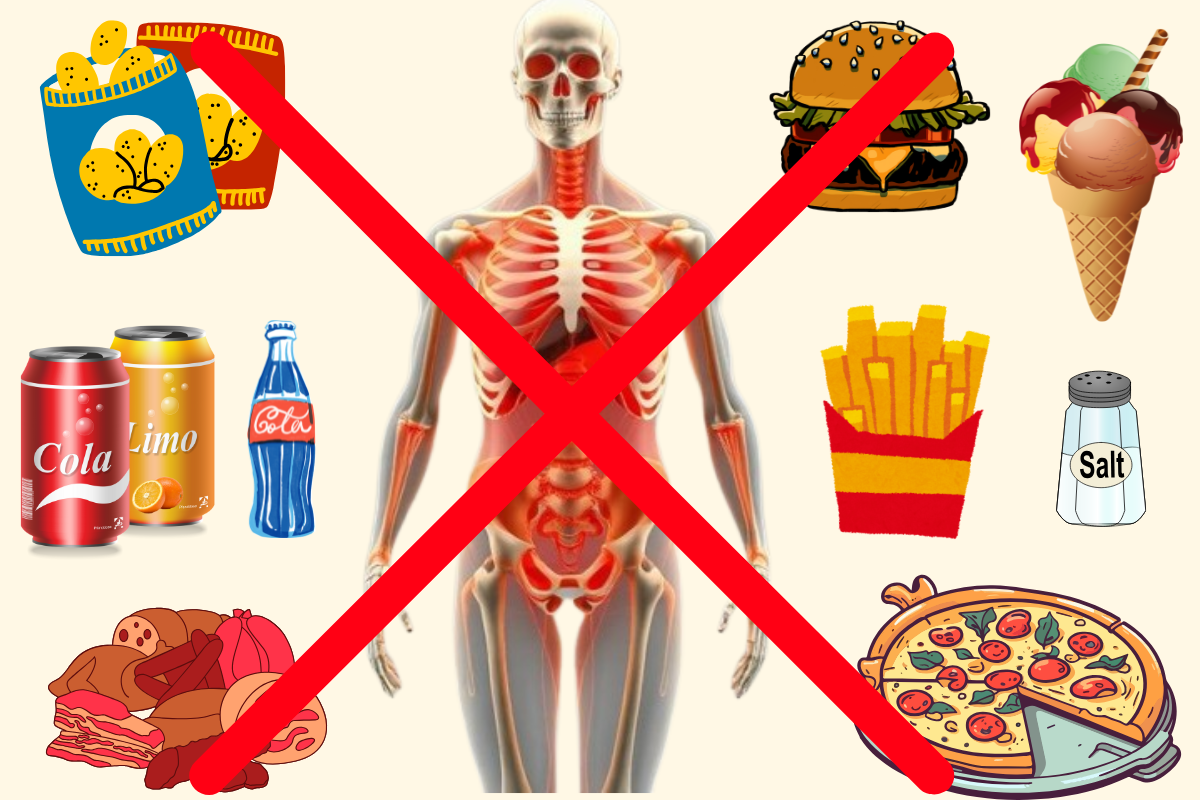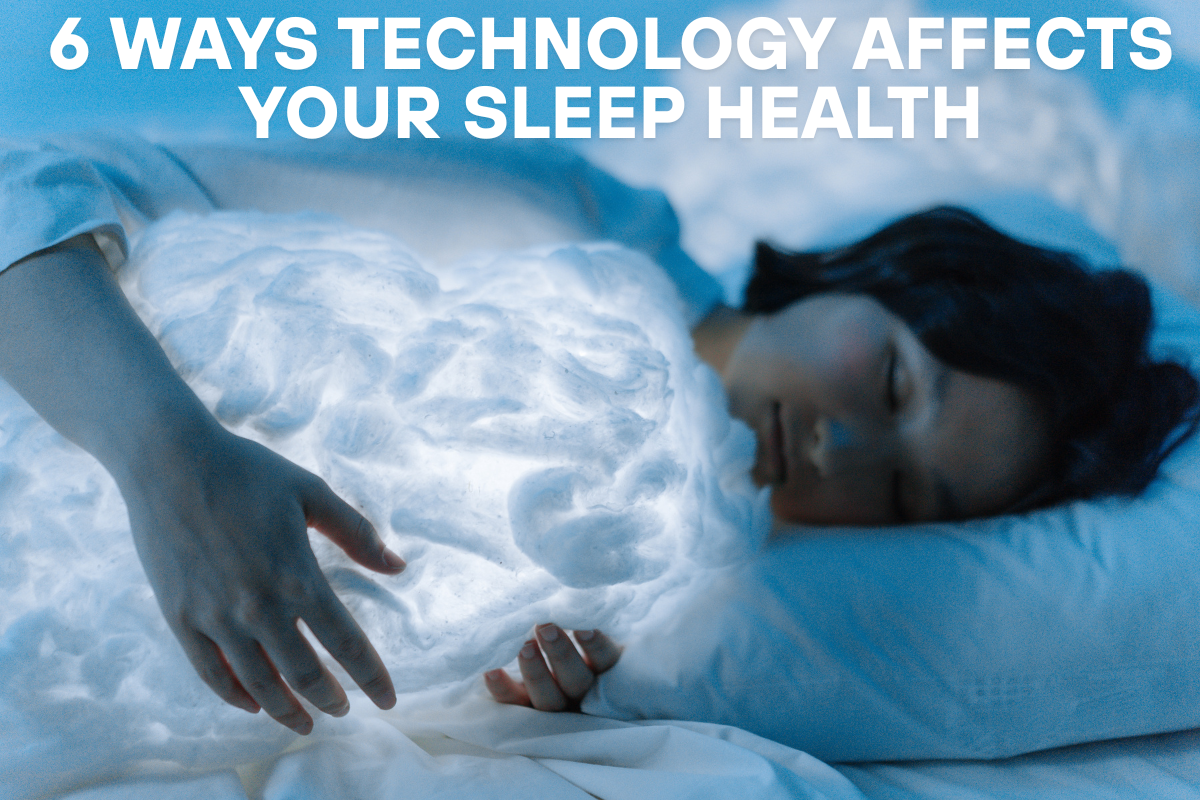
Oneframework 6 ways technology affects your sleep health
In today’s digital age, technology is part of nearly every aspect of our lives. From smartphones and laptops to smartwatches and streaming devices, we are constantly connected. While these devices offer convenience and entertainment, they may be silently affecting one of the most important parts of our health: sleep.
Sleep is essential for physical and mental well-being. It helps your brain function properly, supports emotional balance, and allows your body to repair itself. But did you know that your nighttime tech habits could be harming your sleep?
In this article, titled OneFramework: 6 Ways Technology Affects Your Sleep Health, and powered by insights from OneFramework, we’ll explore how technology impacts your rest and offer practical solutions to help you take back control of your sleep.
You Will Love To Read:
Jacksonville Computer Network Issue
Why is a good night’s sleep important?
For optimal health, experts advise getting seven to nine hours of good sleep each night. It provides a happy mood, strengthens the heart, increases immunity, and helps the brain function better.
It is crucial to go to bed early in order to get the benefits of a restful night’s sleep. The reason for this is because our bodies have biological clocks that follow the patterns of daylight. It naturally causes us to be alert throughout the day and tired at night.
Our biological clock is thrown off when we go to bed late, which impacts the quality of our sleep. Lack of sleep can result in adverse effects such as mood changes, anxiety, sadness, obesity, and a higher risk of heart disease, stroke, and high blood pressure.
What is the OneFRAMEWORK Approach?
The OneFRAMEWORK method is a helpful way to understand how technology affects your sleep. It looks at six important areas that play a big role in this connection:
F – How often you’re around technology
R – The light and radiation it gives off
A – How it grabs your attention and keeps your brain active
M – How it messes with your melatonin (the sleep hormone)
E – The environment around you when using tech
WORK – The line between work and personal time in today’s digital world
By looking at each of these points, you can create a healthier balance with technology and improve your sleep habits.
1. Frequency: How Often You Use Technology Matters
Always Connected, Always Distracted
Using phones, tablets, or computers too often during the day and night can harm your sleep. Constantly checking messages, emails, or social media makes it hard for your brain to relax when it’s time to sleep.
“Our brains aren’t meant to stay busy all the time. Taking breaks is important for thinking clearly and staying emotionally balanced—both are key for good sleep.” — Dr. Matthew Walker, Neuroscientist and Sleep Specialist
Tech Overuse Can Affect Sleep
Studies have found that using technology too often can lead to:
Feeling anxious at bedtime
Taking longer to fall asleep
Waking up more often during the night
Getting fewer hours of sleep overall
One common problem is “tech-checking” — checking your phone right before sleeping and right after waking up. This habit can make your sleep worse and leave you tired during the day.
Easy Tips to Reduce Tech Use for Better Sleep
To follow the OneFramework 6 ways technology affects your sleep health, try these ideas:
Set daily “no tech” times to take breaks from screens
Use apps that help you track and limit screen time
Stop using devices at least 1 hour before bed
Make some areas in your home, like your bedroom, tech-free zones
2. Radiation and Light: How They Affect Sleep
Blue Light and Your Body Clock
One of the main ways technology affects your sleep is through blue light. This type of light, which comes from phones, tablets, and other screens, can lower the levels of melatonin — the hormone that tells your body it’s time to sleep.
Research shows that blue light exposure can:
Delay the start of deep (REM) sleep
Cut melatonin levels by up to 50%
Shift your natural sleep cycle by up to 3 hours
Make you feel more awake when you should be getting sleepy
More Than Just Blue Light: EMF Worries
Besides blue light, there’s also concern about electromagnetic fields (EMFs) from wireless devices like phones and Wi-Fi routers. Though studies are still ongoing, early research suggests EMFs might affect sleep by:
Changing how your sleep is structured
Causing more wake-ups during the night
Altering brain activity while you sleep
Possibly leading to long-term health effects
Device Impact on Sleep: Light and Radiation
| Device Type | Radiation Type (EMF) | Impact on Sleep |
| Smartphones | Wi-Fi, Cellular signals | Reduces melatonin, delays sleep onset, increases nighttime awakenings |
| Tablets | Wi-Fi signals | Suppresses melatonin production, shifts sleep cycle |
| Laptops | Wi-Fi, Bluetooth | Disturbs circadian rhythm, causes sleep fragmentation |
| Televisions | Wi-Fi (smart TVs) | Encourages delayed bedtime, lowers sleep quality |
| Smartwatches | Bluetooth signals | May disrupt sleep stages, cause subtle brain activity changes |
| Wi-Fi Routers | Constant Wi-Fi radiation | Potential sleep disturbance (ongoing research) |
How to Reduce the Effects of Light and Radiation?
Here are some easy steps to protect your sleep from the effects of blue light and EMFs:
Turn on night mode or blue light filters on your devices
Wear blue light-blocking glasses when using screens at night
Use airplane mode or turn off devices while sleeping
Try radiation-blocking products for gadgets near your bed
Use warm-colored lights like amber or red instead of white or blue light at night
3. Attention: How Technology Affects Your Mind and Sleep
Mental Stimulation Keeps You Awake
Technology doesn’t just affect your body—it also impacts your mind. The things you watch, read, or do on your devices can make it harder for your brain to relax and fall asleep.
How Different Digital Content Affects Your Sleep
Studies show that different types of content can disturb sleep in different ways:
- Work emails or messages make your brain stay in “problem-solving mode” and increase stress.
- Social media causes you to compare yourself to others and stirs up emotions.
- Watching the news, especially bad news, can make you feel anxious and more alert.
- Playing video games boosts your energy and keeps your brain active.
- Binge-watching shows makes it tempting to watch “just one more episode,” delaying sleep.
“People know caffeine keeps them awake, but they often don’t realize that checking work emails at night can also keep the brain too active for sleep.” — Dr. Lisa Meltzer, Sleep Psychologist
What Is Attention Residue?
“Attention residue” happens when your mind keeps thinking about something, even after you’ve stopped doing it. Digital content—like emails, social media, or games—can stick in your brain and make it hard to relax at bedtime.
Simple Tips to Calm Your Mind Before Bed
Create a bedtime routine where you slowly reduce screen time and choose calming content.
Avoid using work-related apps or emails at least 2 hours before going to sleep.
Skip negative news late at night—try listening to relaxing music or watching feel-good videos instead.
Try sleep meditation apps that help you shift your focus from stress to calm.
Write down any thoughts or worries before bed to clear your mind.
4. Melatonin: How Technology Affects This Sleep Hormone
How Technology Disrupts Melatonin?
Melatonin is the main hormone that helps control when you sleep and wake up. Technology can interfere with melatonin in several ways:
Blue light from screens can lower melatonin levels.
Staying up late using devices can delay melatonin release.
Random lighting from screens at different times can confuse your body and disturb melatonin production.
How This Impacts Your Sleep?
When melatonin levels are off, it’s not just harder to fall asleep—your whole sleep pattern can be affected:
Less deep sleep (the most restful stage)
Changes in REM sleep (important for memory and mood)
Waking up more often during the night
Overall poor-quality sleep
Tips to Protect Your Melatonin
To keep melatonin working properly, try these simple tips:
Go to bed and wake up at the same time every day
Use screen tools like f.lux or Night Shift to reduce blue light
Eat foods in the evening that support melatonin (like cherries or walnuts)
Get outside during the day to soak up natural sunlight
Take regular breaks from screens and spend more time outdoors
5. Environmental Impact: Technology in Your Bedroom
How Tech Has Changed the Modern Bedroom?
In the past, bedrooms were peaceful places just for rest. But today, they’ve turned into tech hubs full of screens and gadgets. Here’s how most people now use tech in their bedrooms:
71% of Americans keep their phones on or near the bed while sleeping
40% check their phones if they wake up at night
64% have a TV in their bedroom
27% often fall asleep with the TV still on
Over 45% use laptops or tablets in bed before going to sleep
Beyond Screens: How Smart Devices Affect Your Sleep
Smart home technology adds even more things that can mess with your sleep environment:
Smart lights that may be too bright or not set for bedtime
Voice assistants that sometimes turn on by accident
Devices with glowing lights that stay on all night
Wi-Fi and other wireless signals create constant background noise (EMF)
Smart thermostats that may not set the right temperature for good sleep
How Notifications Break Your Sleep?
One of the biggest ways tech interrupts sleep is through constant alerts and notifications:
On average, people get 46 to 96 notifications each day
Even if your phone is silent, light from a notification can still disturb your sleep
Many people feel their phone vibrating, even when it isn’t—this is called “phantom vibration syndrome”
Worrying about getting messages can make it hard to relax and fall asleep
Tips for a Tech-Free, Sleep-Friendly Bedroom
To create a better sleep space, try these easy changes:
Keep gadgets like phones, tablets, and laptops out of the bedroom
Set up charging stations in another room
Use “Do Not Disturb” or bedtime modes to avoid alerts
Get blackout curtains to block outside lights
Adjust smart devices to match sleep-friendly settings
Use simple items like a regular alarm clock or read a physical book instead of using screens
6. Work-Life Balance in the Digital Era
Always Being Available: The 24/7 Work Culture
One of the biggest challenges today is how work and personal life have started to blend together. Thanks to technology, many people feel they must be available all the time—even outside of working hours. This constant connection can negatively affect sleep:
57% of people check work messages after hours
45% read emails right before bed or as soon as they wake up
37% feel they must be available at all times for work
This kind of tech-related work habit is linked to:
Taking longer to fall asleep
Thinking about work while trying to sleep
Sleeping for fewer hours
Getting lower-quality sleep
Tips for Creating Digital Boundaries to Sleep Better
Setting limits around work and tech can lead to better sleep, increased productivity, and more job satisfaction. Here are some simple ways to do that:
Let your coworkers and managers know when you’re available and when you’re not
If possible, use separate devices or accounts for work and personal use
Set a time each day to stop checking work emails and messages
Use tools like auto-replies and scheduled emails to manage work communication
Do something relaxing between finishing work and starting personal time
“The best professionals aren’t those who work nonstop. They’re the ones who set healthy limits, rest well, and recharge. Good sleep gives you an edge in today’s fast-paced world.”
— Laura Sanders, Organizational Psychologist
The Role of Companies
While personal habits matter, workplace culture is also key to better sleep and balance:
Companies with clear rules about after-hours work have healthier and happier employees
When leaders show healthy tech habits, the whole team benefits
Some countries even have laws giving workers the right to switch off after work hours
How can you make your bedroom technology-free?
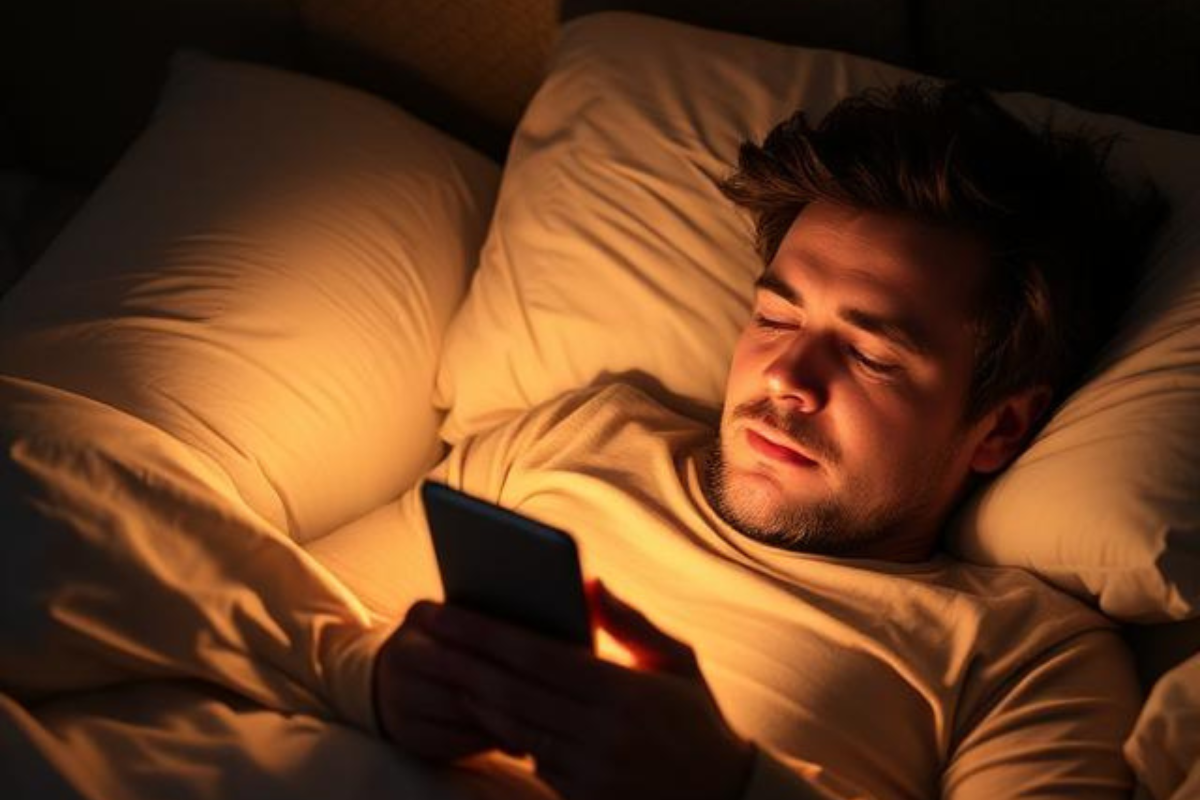
1. Take Stock of All Your Devices
Start by making a list of all the electronic devices you currently have in your bedroom. This includes your TV, phone, laptop, tablet, e-reader, and any other gadgets. Knowing which devices you use regularly and how they impact your bedtime will help you decide which ones to remove for a tech-free environment.
2. Establish a New Nighttime Routine
To promote better sleep, create a bedtime routine that doesn’t involve electronics. Instead of scrolling through your phone or watching TV, consider activities like reading a book, meditating, or taking a warm bath. These calming rituals can help signal your body that it’s time to rest.
3. Set Up a Separate Area for Gadgets
To avoid being tempted by notifications, place your electronic devices in another room. Having your phone or laptop nearby while you sleep can disrupt your rest, so establishing a designated spot outside your bedroom for your gadgets will help you maintain a peaceful sleep environment.
4. Stick to a Screen Curfew
Create a screen-off and lights-off time to avoid distractions from your electronics before bed. Turning off your devices at a set time each night can encourage a regular sleep schedule and prevent you from staying up late watching shows or checking messages.
5. Keep a Book Close By
Instead of reaching for your phone at night, keep a book, magazine, or journal by your bed. Reading something enjoyable before sleep can help relax your mind, making it easier to unwind without the temptation of technology.
Benefits of a Technology-Free Bedroom
Keeping your bedroom free from technology can improve your sleep by avoiding issues caused by using electronic devices before bed:
- Using devices can delay your bedtime, which shortens the amount of sleep you get.
- Technology stimulates your brain, making it harder to relax and fall asleep.
- The sounds and flashing lights from electronics can disturb your sleep if you keep them nearby.
- The blue light from many devices interferes with the production of melatonin, a hormone that helps you sleep, and can mess with your body’s natural sleep cycle.
- Even if your phone or other devices are on silent, just having them in the room can tempt you to check them if you wake up at night, making it harder to fall back asleep.
Conclusion About Oneframework 6 ways technology affects your sleep health
Technology has transformed how we live—but it’s also quietly affecting how we sleep. From blue light and mental stimulation to work-life boundaries, each aspect of tech plays a role in your rest. By following the OneFramework approach and making small, mindful changes, you can take back control of your sleep health. A balanced relationship with technology leads not only to better sleep, but also to a healthier, more focused, and energized life.
FAQs: Oneframework 6 ways technology affects your sleep health
We have deeply mentioned each and everything about Oneframework 6 ways technology affects your sleep health. However, if you have any other questions or queries in your mind then dont hesitate to use our contact us page. Our team of experts will be available to answer all your questions.
Q. How do smartphones affect our sleep?
Additionally, blue light can shorten the duration of rapid-eye movement (REM) and slow-wave sleep, two phases of the sleep cycle that are essential for cognitive performance. Children are especially at risk. View Source to blue light-emitting electronics causing sleep issues.
Q. What are the things affected by sleep?
Lack of sleep might affect one’s ability to learn, concentrate, and respond. You could struggle with memory, problem-solving, decision-making, controlling your emotions and behavior, and adapting to change. You could make more mistakes, react more slowly, and take longer to complete activities.
Q. Can Using A Phone Before Bed Cause Insomnia?
Yes. The brain is stimulated while using a smartphone right before bed, which delays relaxation and makes it more difficult to fall asleep. Exposure to blue light further throws off the circadian rhythm, which can result in insomnia or restless nights.
Q. Do Smart Home Devices Improve Or Harm Sleep?
It varies. While smart assistants and notifications may disrupt sleep if not properly managed, white noise machines and smart lighting can promote better sleep. Disruptions can be reduced by using do not disturb modes.
Q. Can Blue Light Glasses Help With Sleep?
Indeed, blue light-blocking glasses can lessen melatonin suppression and eye strain, which makes it easier to go asleep after using electronics in the evening.
Q. How Can I Make My Bedroom Better for Sleep?
To make your bedroom more relaxing for sleep:
Keep the room cool, between 60–67°F (16–19°C)
Use blackout curtains to keep out any outside light
Use a white noise machine to reduce loud or sudden noises
Don’t charge your phone or other devices near your bed









